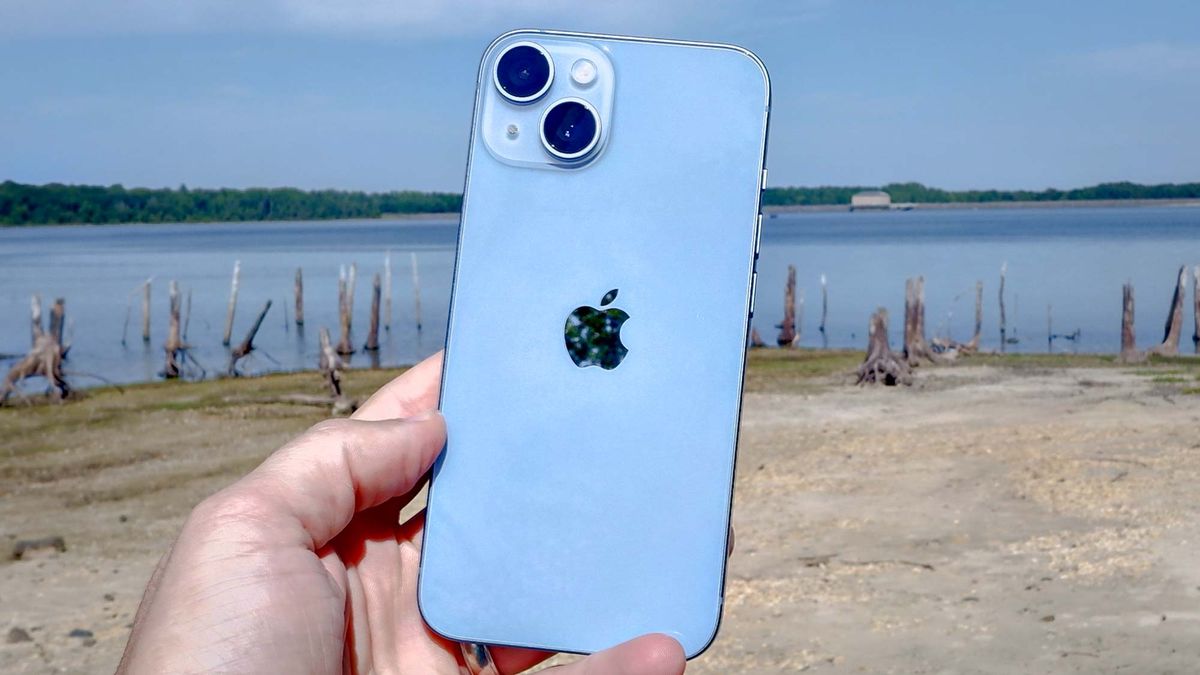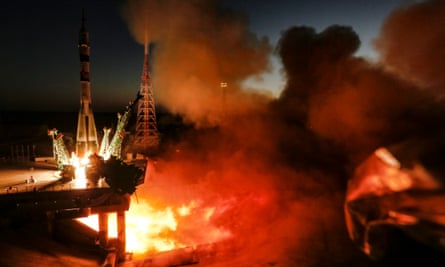Plans to build a spaceport on Christmas Island with Russian technology were stymied in 2002 over fears that it would impinge on Australia’s sovereignty, cabinet papers reveal.
Russia wanted to limit Australia’s access to its rocket technology and classified information, and had concerns that a planned detention facility on the island would put its security at risk.
The cabinet records released by the National Archives of Australia on Sunday show negotiations had come to an “impasse”.
The National Security Committee recommended that cabinet consider a “limited compromise in respect of access to Russian goods, conduct of accident and incident investigations, immunity of goods from seizure, and scope of classified information exchange”.
It rejected Russian demands for immunity for Russian people and goods from Australian law.
The Sydney-based Asia Pacific Space Centre planned to run the facility commercially, using Russian technology. It was expected to “secure the economic future of Christmas Island” with hundreds of jobs and $1.5bn revenue over 20 years. The initial $800m contract included $100m in Australian taxpayer funds.
But, the NSC noted, “the absence of agreement with Russia on these matters has the potential to prevent the space facility proceeding.”
“Russia views the Christmas Island facility as ideally Russian controlled and operated, with Russia providing a turn-key launch service in partnership with the marketing services of APSC,” the NSC told cabinet.
“This differs from the Australian view that, within the bounds of our missile-related non-proliferation commitments … the facility should be a commercial facility controlled and operated by APSC and functioning under Australian law, but with Russia providing launch technologies and related services.”
Russia “has been unwilling to concede Australia’s fundamental sovereign right of access to all areas of the space launch facility”, the NSC said.
With negotiations stalled, the NSC recommended ministerial intervention via a visit to Moscow.
In a separate briefing on Christmas Island, there was a discussion about whether asylum seekers should be allowed to move freely around the island or detained in the planned facility.
The industry, tourism and resources department said it supported a purpose-built, secure facility on Christmas Island to keep the Russians happy.
“Security is a major concern for the proposed spaceport on Christmas Island and the sensitive technologies to be stored at the spaceport. For this reason it is important that no illegal arrivals be ‘at large’ on the island,” the department said.
Amanda Vanstone, a former senator and cabinet minister, speaking before the release of the cabinet papers, said she did not remember the plans for the spaceport.
“My mind was awakened by the papers,” she said. “Probably someone had a plan to do something that didn’t come off.”
In 2004, Labor senator Kim Carr labelled the plan a “space scam … which may well never get off the ground”. A space licence had not even been applied for, he said, leaving the money and the people of Christmas Island “in limbo”.
“Why did such a speculative project get support … is it because the government was blinded by the prospect of involvement and the glamour of space?” he asked.
The government withdrew its support for the spaceport in 2009.










